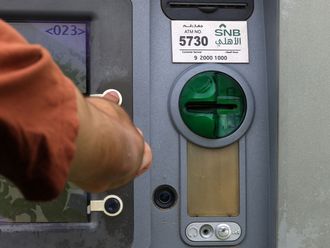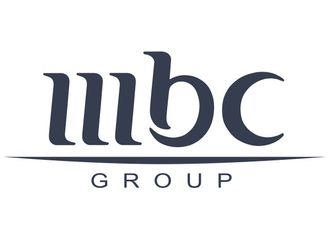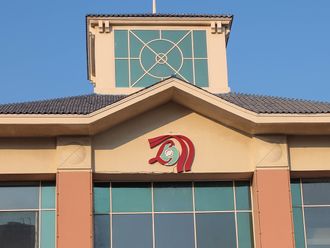Dubai: Amid the calls for greater accountability in both the public and private sectors that cut across the Arab Spring through to the Occupy Wall Street movements, the underlying message is for assuming greater responsibility by various corporate actors. The twin pillars of accountability and responsibility must go hand-in-hand with a commitment to better transparency and disclosure practices.
Many analysts have noted that we are now in the midst of a ‘Second Wave of Corporate Governance' in the Middle East and North Africa. The first wave is the development of various corporate governance codes and guidelines — typically driven by the authorities through their capital market authorities or central banks. The focus was on the corporate governance of the regulated corporate sector: listed companies and banks. In some countries, Lebanon for example, the development of a corporate governance framework was driven by the private sector or a combined coalition between business and government.
Bridging the gap
Parallel to these code building initiatives were the development of institutions charged with bridging the corporate governance gap. From Algeria to Yemen, corporate governance centres, institutes of directors, working groups or task forces have been developed which constituted a public-private partnership and an acknowledgement that for corporate governance to take root a dialogue needs to happen between the public and private sectors. As a regional institute, Hawkamah has been supportive of these efforts at institution and capacity building across the region.
These welcome developments are important for bridging the corporate governance gap. Indeed, before Hawkamah Institute for Corporate Governance was started, a series of regional roundtables were held in 2003 and 2004 in Cairo and Lebanon respectively that articulated the need for these institutions to be developed. Out of these regional consultations came the observation that there should be initiatives to address the difficult challenge of embedding better transparency and disclosure practices in a region with predominantly state-owned and family-owned enterprises.
Our work at Hawkamah has shown that absent government mandates companies will not willingly disclose information. Certainly there are some exemptions such as Majid Al Futtaim, Jumeirah Group, and others. These companies tend to have a more global view of their industry and are realising that good corporate governance as manifested in better disclosure practices make it easier for them to attract capital, undertake investments and gain confidence of their various stakeholders. On the listed company side, we have also observed marked improvement in the quality of governance disclosures of listed companies across the GCC, thanks in large part to the development of the capital markets driven corporate governance codes.
Clearly the first wave is improving transparency and disclosure practices among listed companies, but what of non-listed banks, state-owned enterprises, or family-owned enterprises?
Central banks are pushing their regulated banks, following Basel III, to address corporate governance related issues. Following Egypt which issued their corporate governance for state-owned enterprises in 2006, recent initiatives in Morocco and the UAE articulating a corporate governance framework for state-owned enterprises show that better practices are on the government agenda. But these are still timid efforts on the long march to greater transparency, disclosure and accountability.
Weak infrastructure
On family-owned enterprises and SMEs, access to financing is one way to embed better transparency and disclosure practices. A recent study by the World Bank and the Union of Arab Banks highlighted that banks in the Arab world cited lack of transparency among SMEs and the weak financial infrastructure (a lack of credit information, creditor rights and collateral infrastructure) as the main obstacles to lending more to such enterprises: only 30 per cent of SMEs have a bank line of credit or loan.
According to the recent Doing Business 2011 survey of Arab economies, 17 economies have a credit information system. However if one were to compare the depth of credit information, we see some improvements from a 1.4 in 2006, to 2.9 in 2011 (out of a possible score of six). Countries such as Egypt, Kuwait and Saudi Arabia have bureaus that collect information from sources other than banks.
The writer is the head of Hawkamah and Mudara IoD












